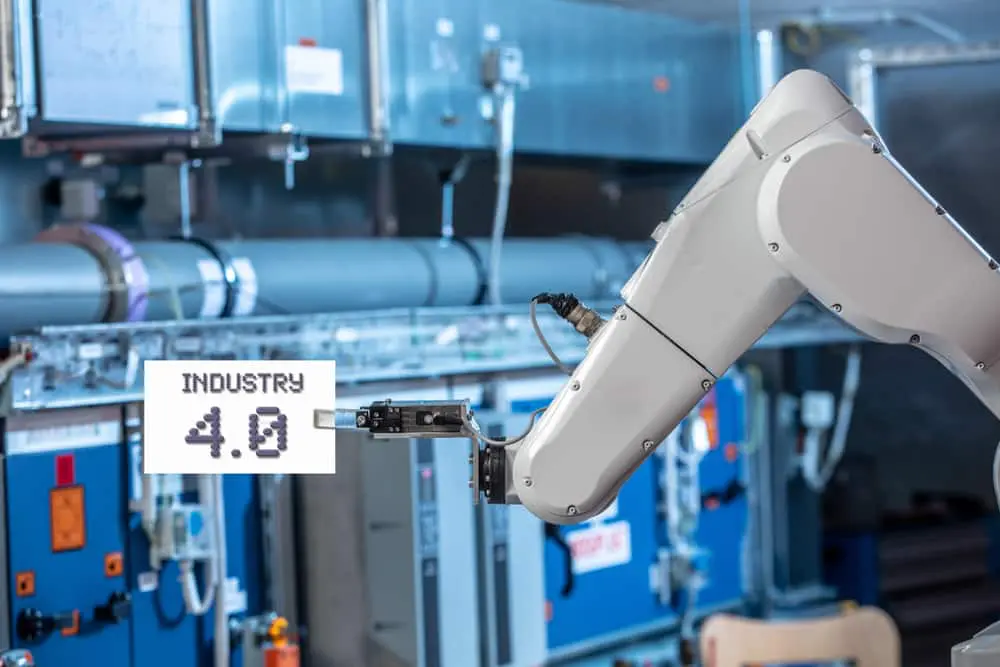By Ryan Falkenberg, 25 January 2023 – Originally published by Tech Financials.
If you watch the customer service space closely, you may have noticed that in late November, US-based low-cost carrier Frontier Airlines shut down its customer service phone line. Anyone with a query or dispute has to now rely on a chatbot on the airline’s website, a 24/7 live chat option, its social media channels, or WhatsApp. While the move is largely unprecedented in the airline sector, where most maintain call centres, it’s hardly shocking. Human agents are already forced to act like robots, following prescribed scripts and logic flows for most service queries and disputes. What they say and do is defined in detailed procedural manuals, and they are seldom able to go outside their lane. This makes these queries ideal for automation.
If more and more requests, queries and disputes get handled by virtual or digital agents, is there a role for human agents? And do thousands of customer service agents now risk losing their jobs to automation?
Chatbots work the routine
The answer is both yes and no. There is no doubt that rule-based, repetitive work is being shifted away from human agents and handed over to virtual agents. Virtual agents can do this better, across more channels, and a lot more cheaply. This means the demand for human agents to perform routine customer service-related work will definitely drop.
That said, the demand for human agents to offer customers a premium customer engagement experience will rise. They will be asked to handle conversations that are shaped less by rules and more by emotion. The impact that an agent can have on the outcome of each engagement is significant, and therefore of higher value.
Only people can “human”
Customers still want the option to talk to a human agent, either because they can’t resolve it satisfactorily themselves, or they simply want to feel heard. They want to connect with the company at a human level, to have their situation and frustrations understood and acknowledged. And they are often prepared to pay more to do so.
Take the banking industry for example. Most retail banks actively encourage their customers to engage with them through their app or website rather than a branch or contact centre. These businesses are investing enormous amounts of money to limit the need for human-to-human contact. Part of the reason is that they don’t earn that much off customers who use human contact only for basic transactions. The real money comes from human contact with higher earning customers and those who take out loans. Higher value business tends to require more of a relational approach. And for this, humans are key.
The move to service automation is making space for human agents to specialise in the relational work that really makes the difference to the banks’ bottomline. Typically this relational work is linked to sales and customer retention – where the focus is to grow revenue, not save costs.
This shift means that the value of human agents is set to rise as a result of improved service automation. And with this comes better pay and better working conditions.
The future is both digital and human
The ability of virtual agents to perform rule-based, repetitive work liberates human agents to focus on the work they are particularly good at. The sooner the boring, mind-numbingly repetitive work is completely handed over to virtual agents, the better.
Yes, this means those jobs will be lost to automation. But in their place, new, better paid jobs will emerge. These jobs will tap into the skills and capabilities that are intrinsically human: the ability to listen, laugh, empathise and feel, to truly connect with each customer and to make them feel valued.
Automation will raise the value of human work in the customer sales and service space, and improve the quality of the work as well. The combination is good for staff, for customers and for business.
View original article here.

